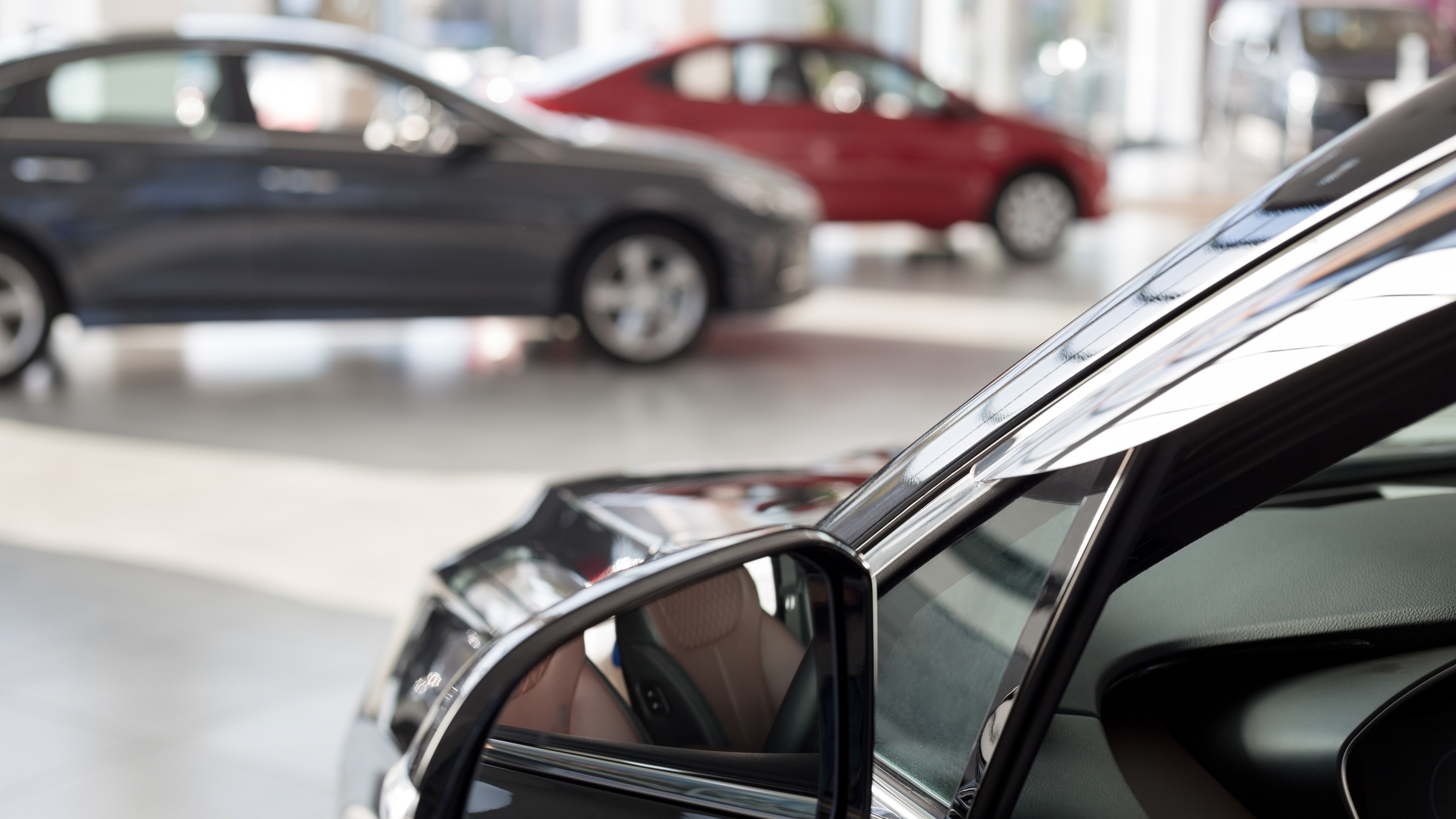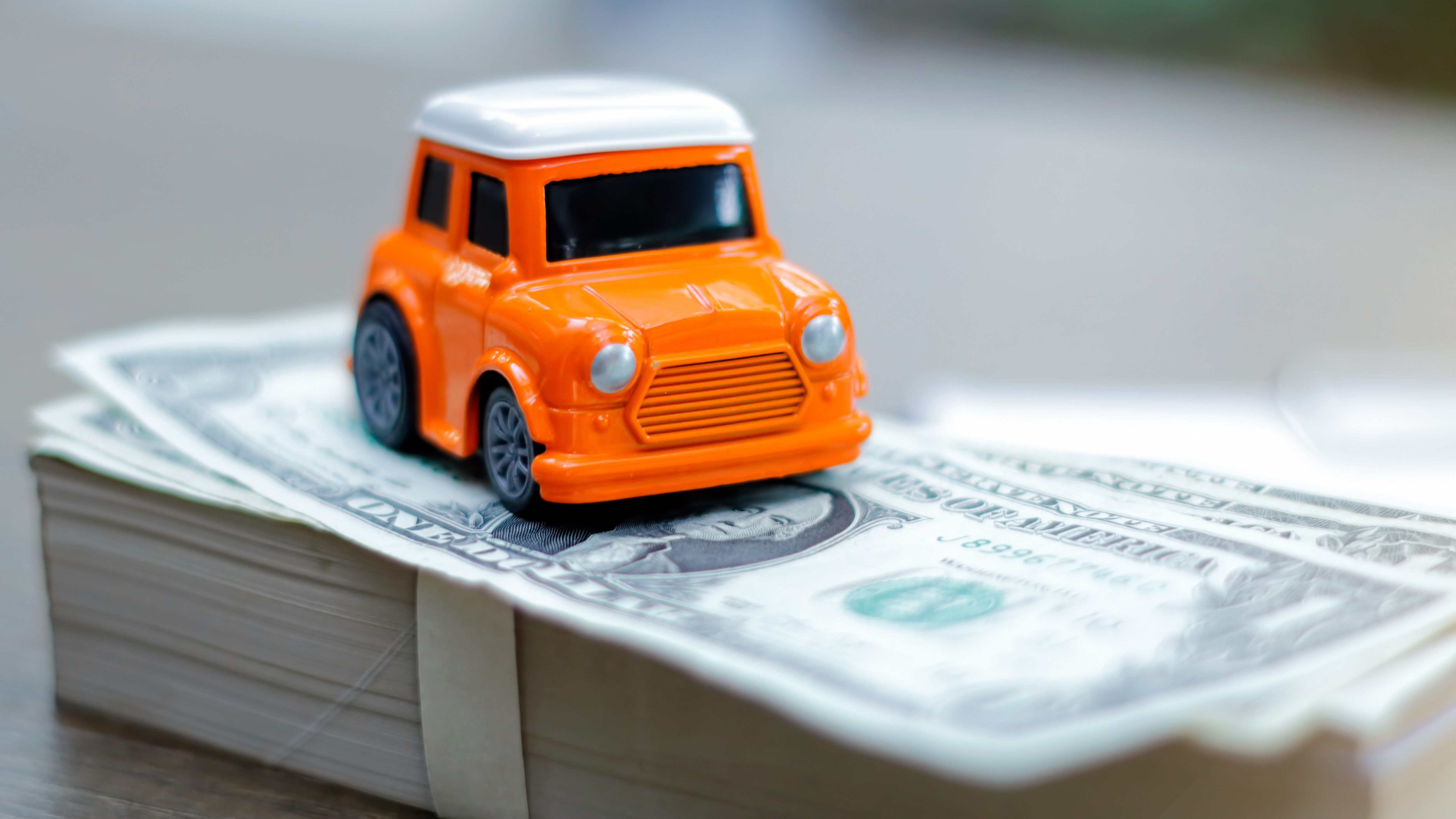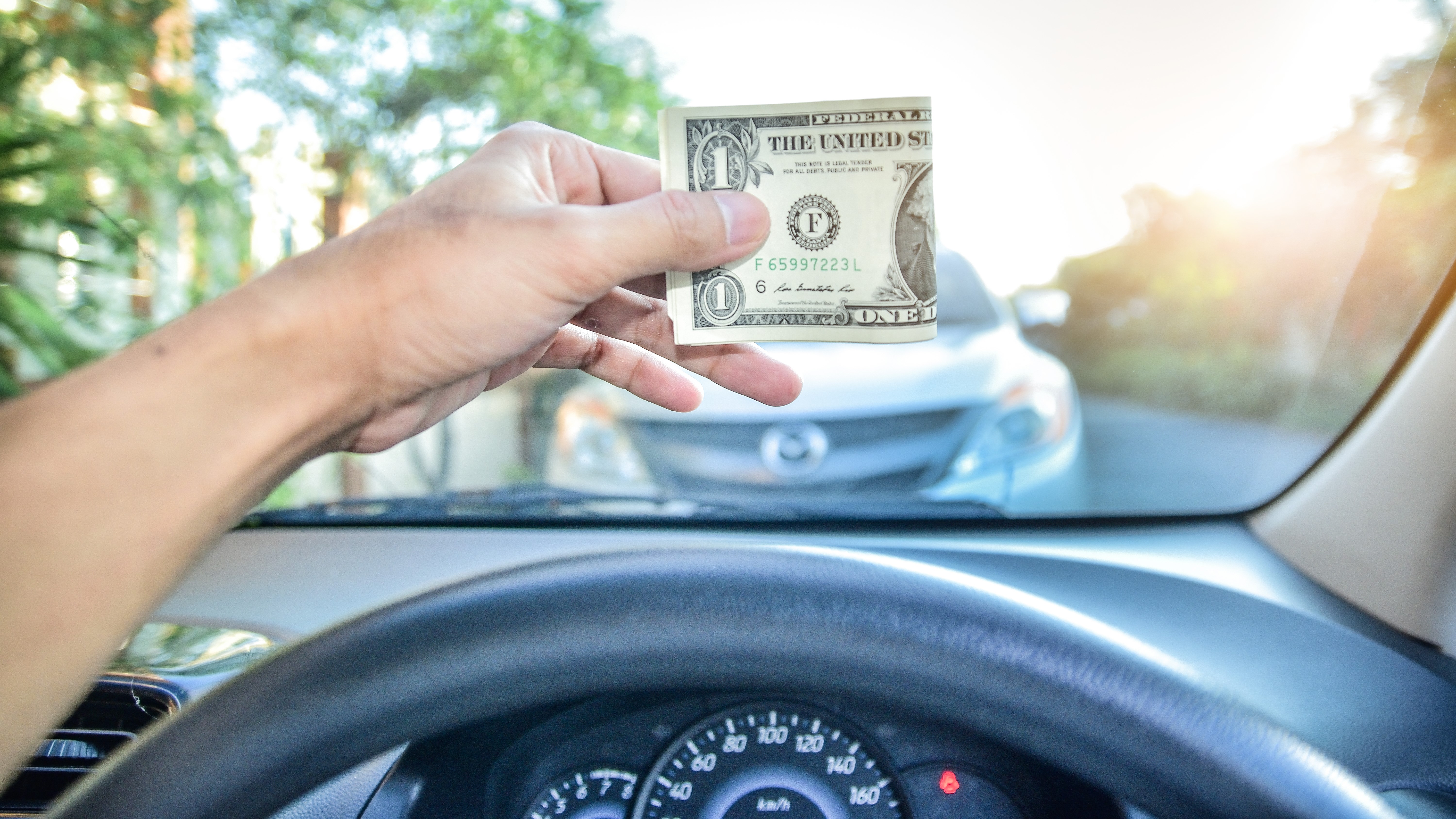Pressure is growing for auto insurance refunds to be issued to American motorists following a year in which many cars have laid idle in driveways far more often than they normally would. Amid pandemic-related lockdowns and more people working from home, driving and accident rates have slumped dramatically over the last 12 months, leading to calls for auto insurers to give back to drivers some of the insurance premiums that they have paid.
According to the latest data collected by the Consumer Federation of America (CFA) and the Center for Economic Justice (CEJ) covering March through to the end of October last year, some 181,000 fewer accidents were recorded during the pandemic across the four states of Colorado, Maryland, Massachusetts, and Texas combined than during the same period in 2019 - a decline of 31%. Importantly, this included a drop of more than 83,000 accidents after May, when most insurers had stopped providing the refunds and premium credits agreed around this time last year.
Auto insurer profits “skyrocket”
With claims submitted to the best auto insurance companies by unfortunate drivers falling in similar measure, the CFA says the profits recorded by many auto insurers have “skyrocketed” as a result. Both Allstate and Progressive are noted for doubling recent dividend payouts to shareholders off the back of inflated car insurance underwriting income, while GEICO also doubled its year-over-year earnings compared with 2019.
“Since March 2020, consumers have been driving much less than they were before the COVID-19 pandemic, and that is still true today. As a result, crashes and claims are well below normal, which means massive insurer profits,” said J. Robert Hunter, CFA’s Director of Insurance and a former Texas Insurance Commissioner.

Action for auto insurance refunds
Overall, the CFA and CEJ calculate that since the health crisis began, auto insurers nationwide have seen about $25 billion in fewer claims, while the premium relief afforded to drivers has been half or less than that. Even though the rates on the best auto loans remain low, motoring costs in general remain high, particularly if you factor in the price of extras such as roadside assistance services too.
Every dollar is therefore crucial to drivers, and importantly, consumer groups have not simply been standing by, and in numerous letters have been lobbying for State Insurance Commissioners to require auto insurers give back premium relief to consumers.
Frustratingly, by December, California, Michigan, New Jersey, and New Mexico were the only states that had issued bulletins requiring this relief, and only California had required auto insurers to continue providing refunds beyond June 2020. Now, California’s Insurance Commissioner, Ricardo Lara, has been praised again, after ordering insurers to extend more discounts to motorists in the state, because companies had “continued to overcharge drivers” during the pandemic.
State Farm steps up for Californians
Following the ruling, State Farm announced that it will give $400m in rebates and discounts to its customers in California, “due to better than anticipated claim results”. As a result, around 3.5 million Californian motorists can now expect to receive a check of 18% of their premium - averaging out at about $100 per policy - for the period June 1 to December 31, 2020. Customers do not need to take any action to receive this dividend, which will be mailed in the form of a check as early as May.

However, as yet, the CFA notes that State Farm has not promised refunds for drivers in any other state, and that no other State Insurance Commissioner has required companies to provide additional refunds of windfall profits.
"Most State Insurance Commissioners have not taken the need for refunds seriously enough,” said Birny Birnbaum, Executive Director of CEJ. “They should take steps to make sure that insurance rates are fair and not excessive, since accidents are down and windfall insurer profits are up. The new crash data must be a wakeup call for them to swing into action.”
How to get an auto insurance refund
Separate analysis by the U.S. Public Interest Research Group (PIRG) Education Fund only supports the idea that car insurers have been the big winners of the pandemic at the expense of drivers. It found that regardless of how much a provider profited, the majority didn’t give back more than half of one month’s premium to their auto insurance customers.
Where relief was given, the group said some companies gave customers credits on their bill, others implemented long-term rate reductions, and others issued two-month rebates. However, in a lesson to motorists that they probably need to take matters into their own hands if they want a refund, the group added: “In some cases, customers didn’t get a refund or rate cut unless they called. Still other insurers did nothing at all, even if customers asked.”

Jacob van Cleef, Associate, U.S. PIRG’s Consumer Watchdog campaign, says ideally customers need to know how their insurance companies have responded financially to COVID-19 and how they compare to other companies, if they want to stand the best chance of securing an auto insurance refund.
“Foremost, consumers should know whether they got what was coming to them. Did you get a check in the mail? Did you get a credit on your policy or a rate reduction on your renewal? If you’re not sure, check notices from your insurer or call your agent,” he adds. “In addition, after you see how other insurance companies handled their windfall, you can use that as leverage to ask for better pricing from your insurance company or evaluate other insurers if you’re considering a switch.
"How fairly a company has treated its customers during the pandemic may influence you when it’s time to shop for new insurance. Unsatisfied customers should also call the offices of state lawmakers to push for state-mandated auto insurance rebates. Otherwise, the decision to rebate will be left entirely up to the companies.”

